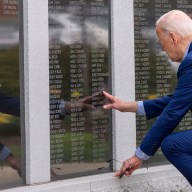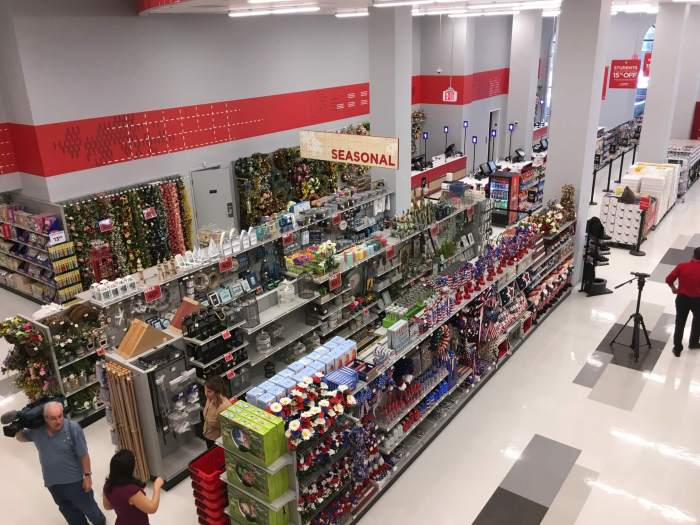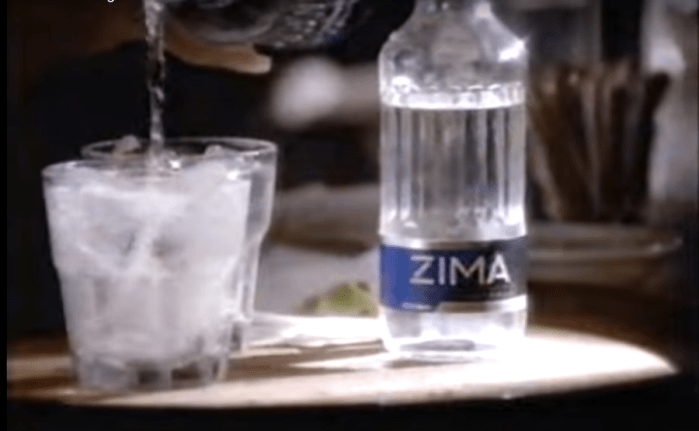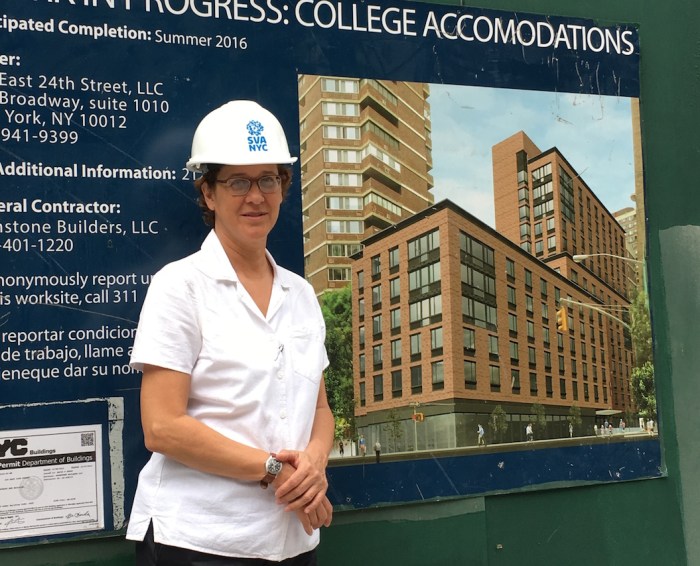Selling your poop might sound like a crap idea but it’s no bum deal for donors. OpenBiome will pay up to $13,000 a year for your feces. The U.S.-based nonprofit organization wants to examine your stools as part of its research into fecal microbiota transplants (FMT), which is an effective therapy for the treatment of Clostridium difficile infection. C. difficile is an aggressive gut infection that affects about half a million Americans each year, causing severe pain, frequent diarrhea, nausea, loss of appetite, and between 14,000 to 30,000 deaths a year. OpenBiome team member Sasha Lieberman explains how donating your poop can save lives.
RELATED:New ‘happiness gene’ discovered What is OpenBiome and why did you decide to launch it?
OpenBiome is a nonprofit organization dedicated to expanding safe access to fecal microbiota transplants (FMT), as well as catalyzing research into the human microbiome. After watching a friend suffer from a debilitating C. difficile infection, co-founders Mark Smith and James Burgess launched OpenBiome in 2012 to help make FMT therapies safer and more accessible for patients suffering from recurrent C. difficile. We provide rigorously screened, ready-to-use microbiota preparations for FMT, so that physicians can devote their time and energy to treating patients, rather than the complexities of managing a stool donor program. OpenBiome is also a research platform. We work collaboratively with researchers, providing services that range from assistance with clinical trial design to regulatory support. We also support dozens of clinical trials investigating FMT’s role in treating diseases beyond C. difficile, including Crohn’s disease and ulcerative colitis, among others. What is the purpose of having a poop bank?
Before OpenBiome, the logistical barriers to performing FMT prevented this effective treatment from becoming widely available. Patients had to find their own stool donors, and doctors had to screen each donor, and collect and process the stool for each procedure. Ultimately, the cost and coordination of performing FMT using this approach severely limited access for patients. By providing screened, ready-to-use stool preparations, OpenBiome saves physicians the time and energy of collecting and processing material from healthy donors, and reduces costs for the healthcare system. We also continuously monitor the health of our donors and implement safety and quality controls to ensure that physicians receive a safe, standardized treatment for their patients. A centralized stool bank is also useful for supporting new research on the microbiome. There’s an easy source of material for clinical researchers to use when they investigate what other diseases or conditions might be treatable with microbiome-based therapies. Also, having many researchers use material that follows a standard preparation method can help them compare results across studies, and the stool bank can help act as a matchmaker, connecting researchers who are interested in similar problems. Currently, OpenBiome is working with nearly 50 per cent of all U.S. studies looking at the use of FMT beyond C. difficile. What is a fecal transplant?
A fecal transplant (FMT) is a procedure in which a stool preparation from a healthy human donor is infused into the colon of a patient, most often via colonoscopy, enema, or a plastic tube inserted through the nose leading to the intestines. More recently, FMT therapy can also be delivered in a pill form. FMT has long been established as an effective therapy for the treatment of recurrent Clostridium difficile infection, with a cure rate of 85-90 percent across multiple randomized controlled trials. Is it disgusting working with excrement?
Of course poop may not be the most pleasant thing to handle, but we’re a team of scientists and medical professionals who believe in its ability to transform thousands of lives. At the end of the day, we have fun with the fact that we work at a poop bank. We get excited about really large donations (the biggest ever was over half a kilogram!), make poo-themed decorations for our office, and joke about the different ways we introduce our jobs to new people. What kind of challenges did you encounter in developing OpenBiome?
One of the biggest challenges to building OpenBiome was simply garnering support for the idea of a stool bank and FMT therapy more generally. Back in 2012, few doctors were performing fecal transplants. Despite its demonstrated efficacy, FMT was still a fringe therapy that many physicians weren’t familiar with and regulators were unsure how to regulate. We’ve come a long way since then. Since 2012, OpenBiome has delivered nearly 13,000 treatments to over 600 medical facilities in all 50 U.S. states. Who donates stool samples?
We have a pool of about 35 donors in the greater Boston area who regularly donate stool for our treatments. Our rigorous screening process is made up of three main components. After completing an initial pre-screen survey on our website, prospective donors are invited to our lab to meet with a member of our medical staff and complete a comprehensive health questionnaire. Those who pass this health assessment then undergo a battery of over 30 blood and stool tests. Less than 3 percent of interested donors pass this entire screening process. Once donors are enrolled in our program, we encourage them to donate as frequently as possible, and continue to monitor their health throughout their time with us. Do you have plans to reach other countries?
Since OpenBiome was founded, we’ve shipped FMT treatments internationally to the UK, Ireland, Germany, the Netherlands, and Canada. We also work closely with the Alimentary Pharmabiotic Centre (APC) Microbiome Institute, a research center based at the University College Cork in Ireland, to help bring FMT to European patients battling recurrent C. difficile infections. As physicians from other countries contact us, we assess — on a case-by-case basis—whether their country’s regulations would allow us to provide FMT treatments. — ByDaniel Casillas
















